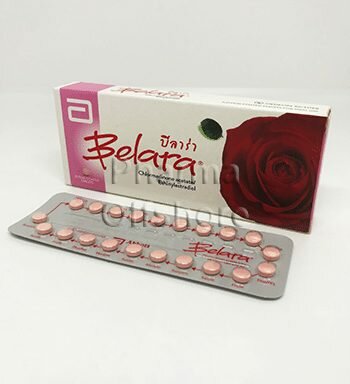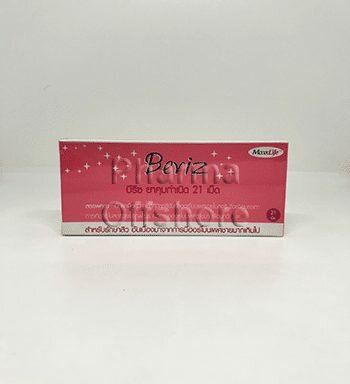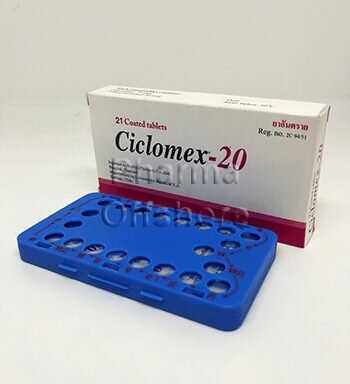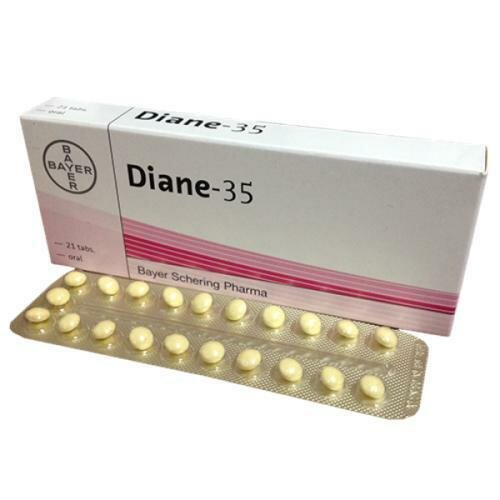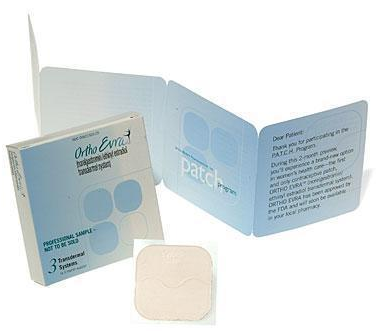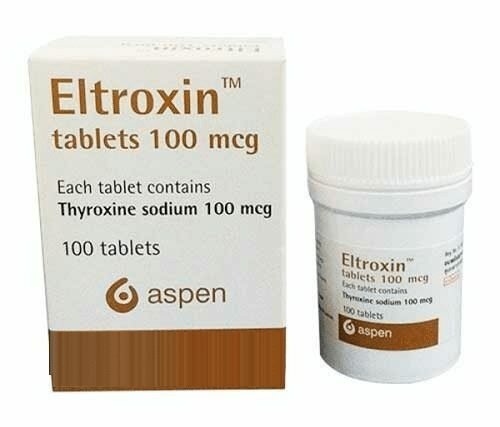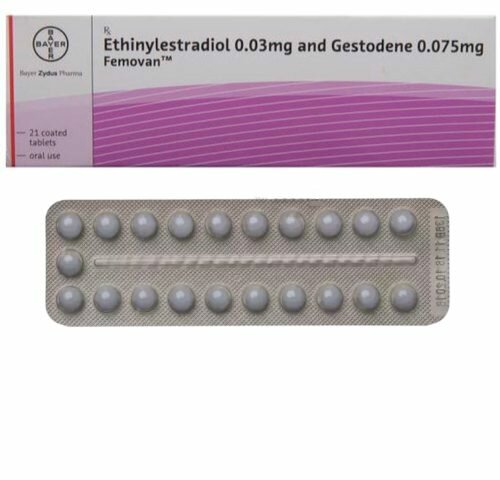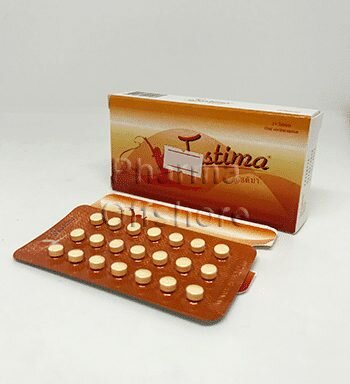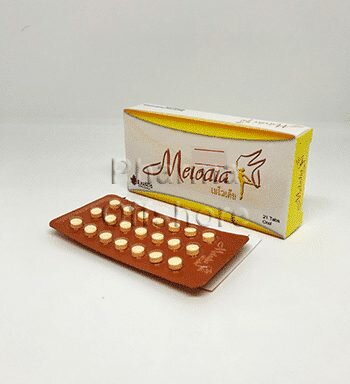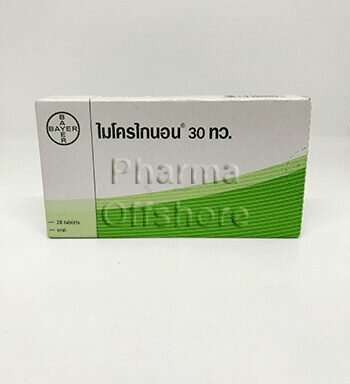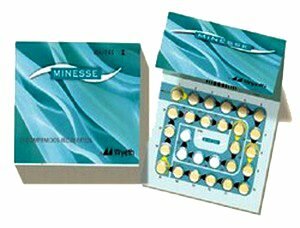Birth Control
Showing 1–20 of 35 results
-
Birth Control
Annylyn 28 (Gestodene+ Ethinylestradiol) x 28 tabs
Price/Pill: $1.03
Generic Name: Gestodene+ Ethinylestradiol
Manufacturer: VariousAnnylyn 28 (Ethinyl Estradiol) is a synthetic derivative of the natural estrogen estradiol. It is one of two estrogens currently used in oral contraceptive pills. The other, mestranol, is converted to Annylyn 28 (Ethinyl Estradiol) before it is biologically active. Annylyn 28 (Ethinyl Estradiol) and norethindrone are used together as an oral contraceptive agent.
SKU: n/a
Types of Birth Control Pills (Oral Contraceptives)
How Effective is the Birth Control Pill?
The birth control pill is a popular and highly effective method of birth control if taken correctly. The pill has a less than 1 percent (%) failure rate (meaning less than 1 out of 100 women unintentionally become pregnant) when the pill is used correctly. However, for women who miss taking their pills, the failure rate goes up to roughly 8%, or 8 out of 100 women become pregnant unintentionally.
Roughly 85% of women who do not use birth control and are trying to get pregnant will conceive within one year. If you do not want to become pregnant, and if you are not likely to remember to take a pill each day, you probably should consider a longer-acting form of birth control, such as the injection, patch, implant, vaginal ring, or IUD.
What Are Birth Control Pills?
Birth control pills are oral pills that a woman can take every day to prevent pregnancy. Birth control pills stop the ovaries from releasing eggs and thickens the cervical mucus, which keeps sperm from fertilizing the egg. Birth control pills come in two forms: combination pills contain two hormones, progestin, and estrogen, while the “mini-pills” contain only progestin. Generally, combination birth control pills are slightly more effective than progestin-only birth control pills. All birth control pills require a prescription from a healthcare provider.
Combination birth control pills are available in 21-day packs, with 21 active tablets, or 28-day packs with 21 active tablets and 7 inactive tablets. Extended-cycle pills such as Seasonique contain 84 active tablets and 7 inactive tablets. The inactive pills are included to help the woman remember when she should start a new pack of pills. The menstrual cycle occurs during the time period when the inactive pills are taken. If the inactive pills are missed, there is no chance this would result in a pregnancy. However, it is important to start the new pack and active pills on the correct day.
Are Birth Control Pills Free?
Birth control pills are typically free for women under the Affordable Care Act (ACA). However, birth control pills can be affordable, depending upon health insurance coverage and generic availability. In general, you should be able to get birth control pills from $10 to $50 per month if you pay cash, although there are many more expensive options. Many birth control pills are available generically and have a lower price. Check with your insurance company before getting a prescription to determine which birth control pills are on their formulary. Again, if you have prescription drug insurance, your birth control may be free under the Affordable Care Act.
What Are the Advantages to the Birth Control Pill?
- Lighter periods, less frequent periods, or possibly no periods at all depending upon the type of pill taken and dosing schedule
- If the birth control pill is taken correctly, it has high effectiveness in preventing pregnancy.
- The birth control pill can lessen heavy bleeding, pain, and severity of endometriosis and fibroid tumors.
- Acne or premenstrual dysphoric disorder (PMDD) may improve with some birth control pills.
- The birth control pill can lower the risk of pelvic inflammatory disease, uterine cancer, and ovarian cancer.
- The progestin-only forms may be used by breastfeeding women or cannot use estrogen for other reasons.
What Are Some Names of Birth Control Pills?
Examples of combination birth control pills include:
- Apri
- Aviane
- Azurette
- Balcoltra
- Beyaz
- Caziant
- Cryselle
- Gianvi
- Junel
- Kariva
- Kelnor
- Levora
- Loestrin 24 Fe
- Low-Ogestrel
- Microgestin
- MonoNessa
- Natazia
- Necon
- Nortrel
- Ocella
- Ogestrel
- Ortho-Novum
- Portia
- Previfem
- Safyral
- TriNessa
- Trivora
- Velivet
- Yasmin
- Yaz
- Zarah
- Zovia 1/35
- Zovia 1/50
Ref. https://www.drugs.com/article/birth-control-pill.html



